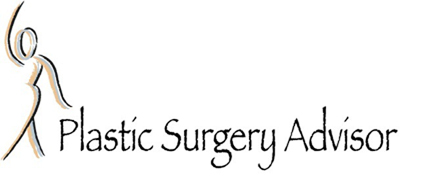
 |
|
| Plastic Surgery Advisor | About | Procedures | Find a Plastic Surgeon |
| Irvine, CA | Los Angeles, CA | New York, NY | Phoenix, AZ| San Diego, CA | Atlanta, GA | Miami, FL | Houston, TX | Philadelphia, PA |
Is Your Plastic
Surgeon Board Certified? Before undergoing cosmetic surgery or reconstructive surgery, carefully study this checklist that we have published, in order to make sure that the doctor you are considering for your next procedure is a board certified plastic surgeon, that his or her practice and procedures are safe, that he or she has the overall training and experience necessary to be qualified, plus many other factors, that make your potential doctor fully capable and competant when it comes time to perform surgery on you. 1. Experience When deciding on the right doctor, it is important that not only he or she have ample training, but also the experience to back it up. Certainly, every doctor has to start somewhere, and they typically go through years and years of training and testing before being able to perform major surgeries on their first real patients. By that time, provided that the credentials of the medical institutions that they went to are good, then any patient should be able to confidently be put under and submit themselves to surgery. But are you really willing to be that patient? Better, go with a doctor with years of experience. While some may consider this an excessive safety measure, we believe it is your right as an informed consumer to demand that your plastic surgeon not only have extensive medical training, but also extensive experience. Some may consider this a fine point, but even so, at the critical moment, it could make a world of difference. 2. Education and Training Where did your plastic surgeon go to school? Believe it or not, the name of the school can say a lot about the caliber of the physician, the thoroughness of training, and the ultimate rate of success and failure that the doctor will experience in the real world. 3. Hospital vs. Doctor's Office 4. Anaesthesiologist 5. Board Certification By becoming an informed consumer, you dramatically reduce your chances of injury or mispractice. It is amazing how these small, but essential steps to verifying your doctor's qualifications - before you undergo plastic surgery - can make such a difference. Of course, as with any medical procedure, things can always go wrong, no matter how far you, as a wise consumer, pair down the probability of an accident occuring. All the more reason to research ahead of time. If, in the best of hands, something goes wrong, all your research will give you immediate recourse to the appropriate people to talk to - the board that certified your doctor, the hospital where your surgery was performed, the school your doctor went to, etc. So no matter which way you look at it, it pays to do the research. Find out more about checking out plastic surgeons at WomensHealth.GOV: Cosmetic Surgery Checklist
© Copyright 2007 - 2011 PlasticSurgeryAdvisor.ORG - Cosmetic Surgery Resource |